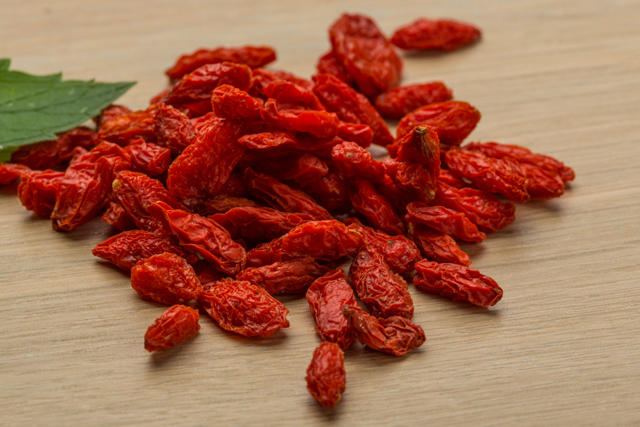Cachexia, also known as wasting syndrome, is a wasting disorder caused by a serious underlying disease. It causes involuntary weight loss, fat loss, and muscle loss, even if you’re still eating. If you have cachexia, your metabolism may have sped up, causing you to burn more calories more quickly.
You may also eat less due to a loss of appetite or various other reasons. However, while a person who doesn’t eat enough will only lose fat, a person with cachexia will also lose muscle mass. Every year, more than 160,000 people in the US are diagnosed with cachexia. To be diagnosed, you need to have lost at least 5% of your body weight in the last 12 months and have a known disease.
Symptoms of cachexia include; reduced muscle strength, appetite loss, fatigue, anemia, high levels of inflammation, and low levels of protein albumin.
Cachexia is a serious disorder that can complicate treatment for the condition that caused it, make a patient vulnerable to infections, reduce the quality of life, and create a poorer outlook.
Underlying Causes for Cachexia
Cachexia occurs when you’re in the late stage of a serious condition, such as cancer (particularly lung and stomach), COPD, HIV, AIDS, congestive heart failure, rheumatoid arthritis, cystic fibrosis, or chronic kidney disease.
Researchers believe that cachexia is caused by the body breaking down muscle and fat to fuel the brain when nutritional stores are low. They believe this is a natural part of the body’s response to fighting disease.
Natural Cachexia Symptom Relief Options
There is no known cure to fully reverse cachexia and no single treatment plan for all cases. Simply getting more calories or nutrition isn’t enough. However, natural therapies can help improve quality of life and improve symptoms.
Medical Cannabis
Medical cannabis may be an effective option for those suffering from cachexia. Cannabinoids in cannabis bind to the same endocannabinoid receptors in the body that are responsible for regulating many-body systems, including appetite.
Evidence-based studies indicate that THC is particularly effective in sending signals of hunger to stimulate appetite. It can also help improve quality of life and mood, both of which may be low in patients with wasting syndrome.
If you’re interested in trying medical cannabis, book an appointment with Heally, and we’ll connect you with a doctor in your state to start your application for a medical marijuana card.
Nutritional Changes

People with cachexia are most likely to be able to tolerate small, frequent meals than large meals. These small meals should ideally be high in calories yet nutritionally dense and healthy. Between meals, calorie intake can be increased with nutritional supplement drinks. Calorie intake should only be increased gradually.
Light Exercise

As long as you can tolerate it, light exercise can help you put on muscle mass to improve symptoms of wasting syndrome.
Herbal Medicine

In recent studies, herbal medicines have been shown as a potentially useful approach to treating cancer cachexia by reducing inflammation, regulating the neuroendocrine pathway, and modulating protein synthesis.
Thirteen herbal medicines were found effective at ameliorating symptoms in a systematic review:
- Coptidis Rhizoma
- Berberine
- Bing De Ling
- Qing-Shu-Yi-Qi-Tang
- Scutellaria baicalensis
- Hochuekkito
- Rikkunshito
- Hesperidin
- Atractylodin
- Sipjeondaebo-tang
- Sosiho-tang
- Anemarrhena Rhizoma
- Phellodendri Cortex
In another study, the natural compounds in fresh thyme and oregano were shown to potentially offer treatment for cachexia by increasing exercise tolerance and muscle mass of certain body muscles.
Interested in more natural remedies for cachexia? Book a telehealth appointment to talk to a functional medicine doctor online.

